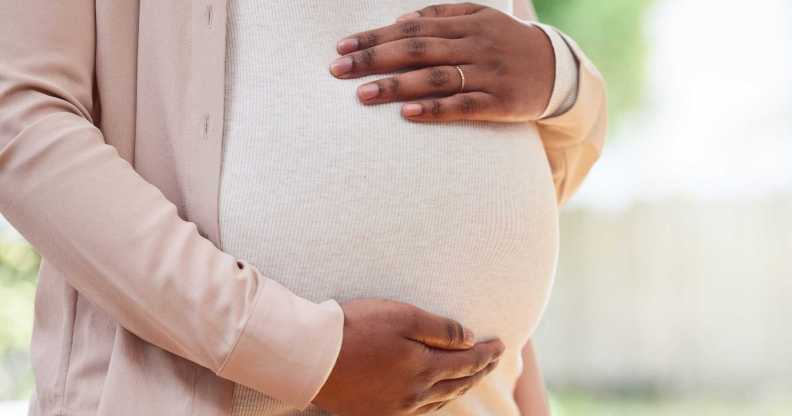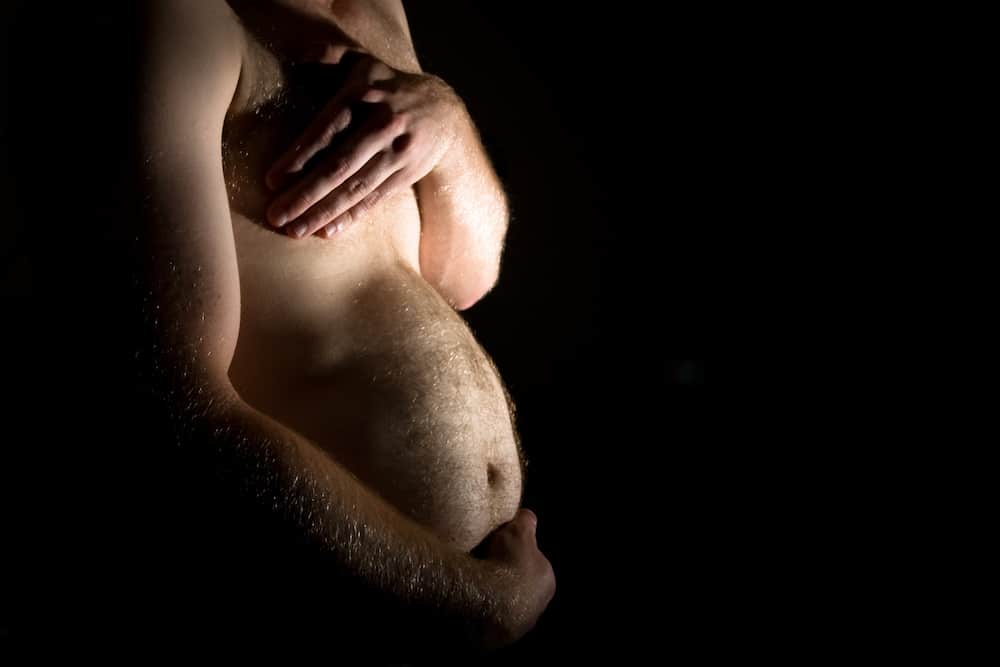Transgender-focused fertility clinic to open in 2024

The clinic will offer a range of fertility services as will as some gender-affirming procedures. (Getty Images)
A fertility clinic dedicated to transgender clients is set to open in Pittsburgh, Pennsylvania in spring 2024.
The clinic will offer standard fertility services like sperm and egg donation, surrogacy services, in vitro fertilization, hormone therapy, as well as certain gender-affirming surgeries, to its customers.
Set up by Allegheny Reproductive Health Centre (ARHC) and Mate Fertility, this facility aims to offer fertility care to trans and non-binary people for a fraction of the cost of other fertility clinics, in an effort to improve both safety and access to these services.
Speaking to Philadelphia Gay News about the exciting new venture, OB-GYN Dr Sheila Ramgopal said: “For a lot of our clients, they’ve had massive difficulty to access these services, both from an affordability perspective but also from a safety perspective.
“Even the basics – going into a place where they feel safe and feel like they’re in an inclusive community, because a lot of providers don’t reflect those communities.”

Dr Ramgopal, who has been providing gender-affirming care since 2015, noted that many fertility clinics are “very tailored for, let’s say, affluent cis white women and heterosexual couples.”
She continued: “Our goal is to make this extremely accessible for people no matter where you’re coming from and what your financial picture is.
“We know when we center the folks that aren’t able [to access] these services, everyone then gets the best care.”
The clinic also hopes to offer its clients more education on transgender reproductive health.
Mate Fertility CEO Traci Keen explained: “There’s a lot of different things that people aren’t getting educated on.
“I think that there are some real luminaries in the field right now that do a good job of providing more access to high-quality information. What we really want to be is that beacon for people where they can get information that’s tailored and appropriate for them.”
In 2018, an Australian Transgender Sexual Health survey found that less than half of its participants had information on reproductive health and fertility preservation options – many of whom had undergone some form of hormonal or surgical transition.
Keen decided to team up with Dr Ramgopal a few years ago after they connected over their shared value of bodily autonomy and interest in helping patients in BIPOC and LGBTQ+ communities.
Dr Ramgopal said that the gap they saw in the access being offered to different fertility clients prompted them to ask how they could “tailor our care to serve each individual or each couple for the services that they need and normalize that in this artificial reproductive care model.
Keen added: “It’s almost comical how much faith we place in doctors for our care when it’s a very linear, academic approach to education that’s not particularly inclusive of some of the softer things.
“I think that as we progress, business models are saying that actually, we do need to have these conversations because it’s about proper treatment and care for people.”
How did this story make you feel?

